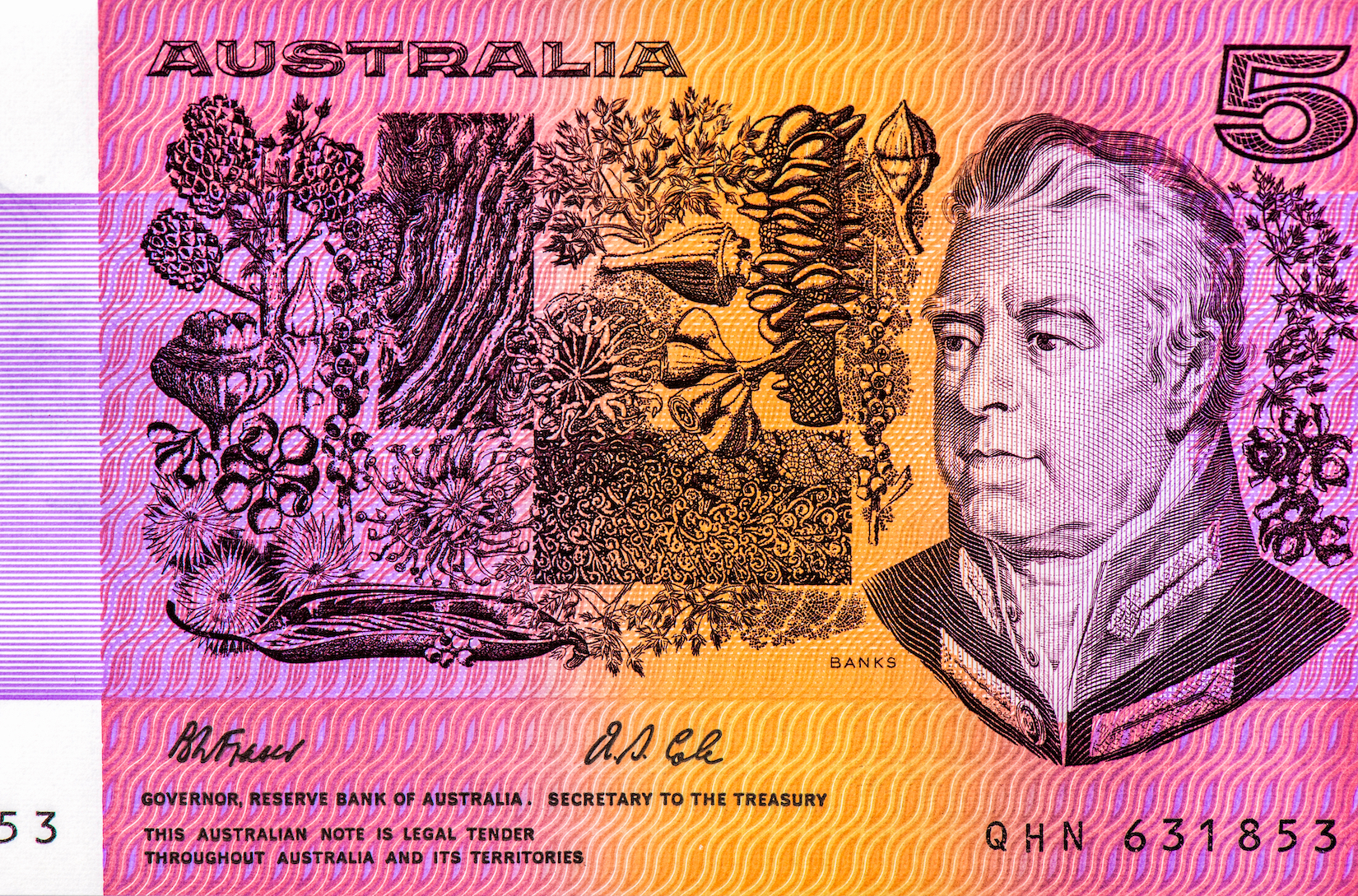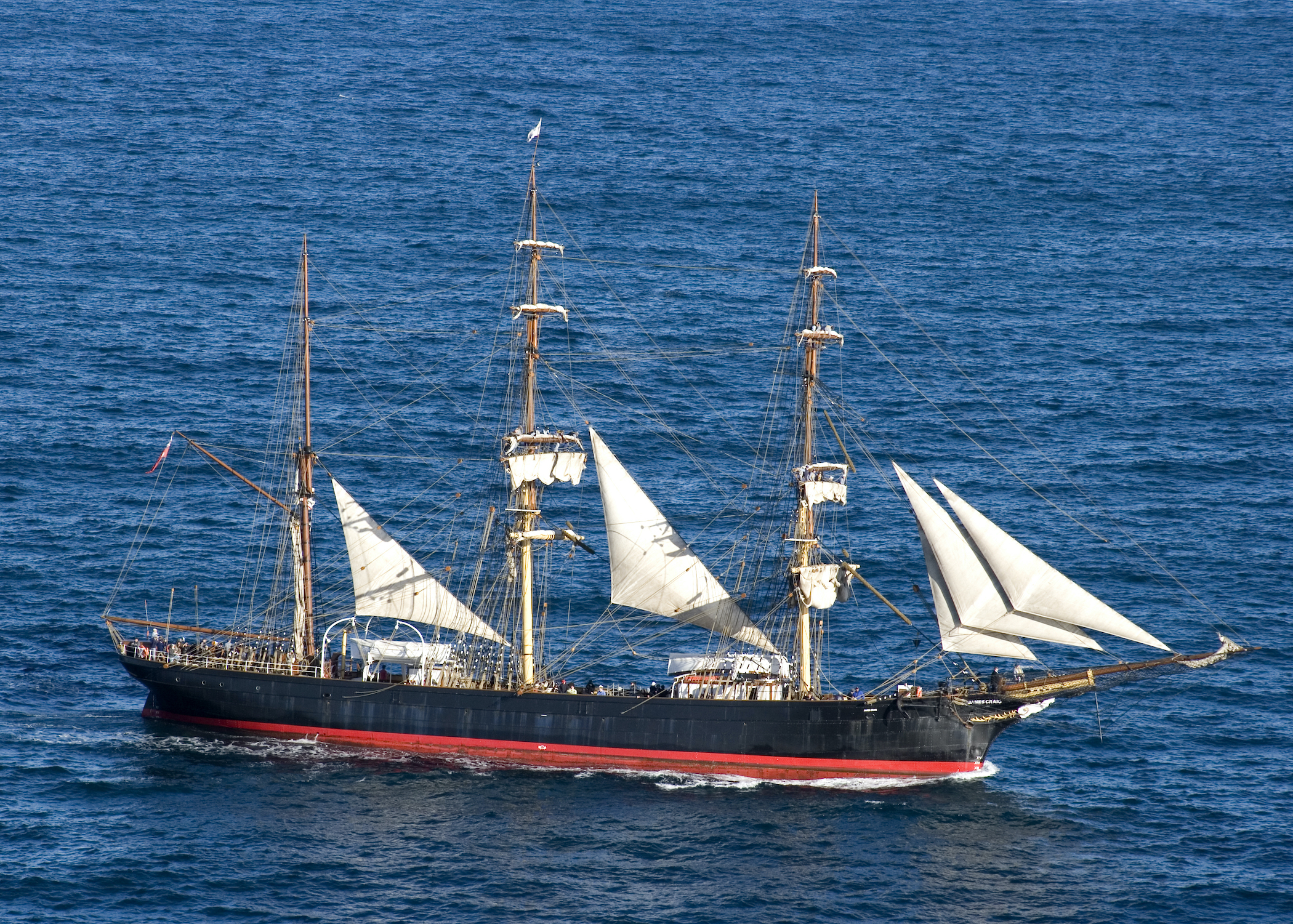Joseph Banks is extremely famous in Australia, but he's not very well known in Great Britain. He didn't make any great scientific discoveries. On the other hand, he's extremely influential and a very important figure in the history of science.
He was president of the Royal Society for 42 years, which is a long time. And although he didn't write any great scientific papers and was very poor at mathematics (he was often criticised for his lack of mathematical ability), what he did do was bring together the government and scientific research.
There's a famous saying by Francis Bacon that knowledge is power. What Joseph Banks did while he was president of the Royal Society was to convince the government that it was in their interests to invest in scientific research.


